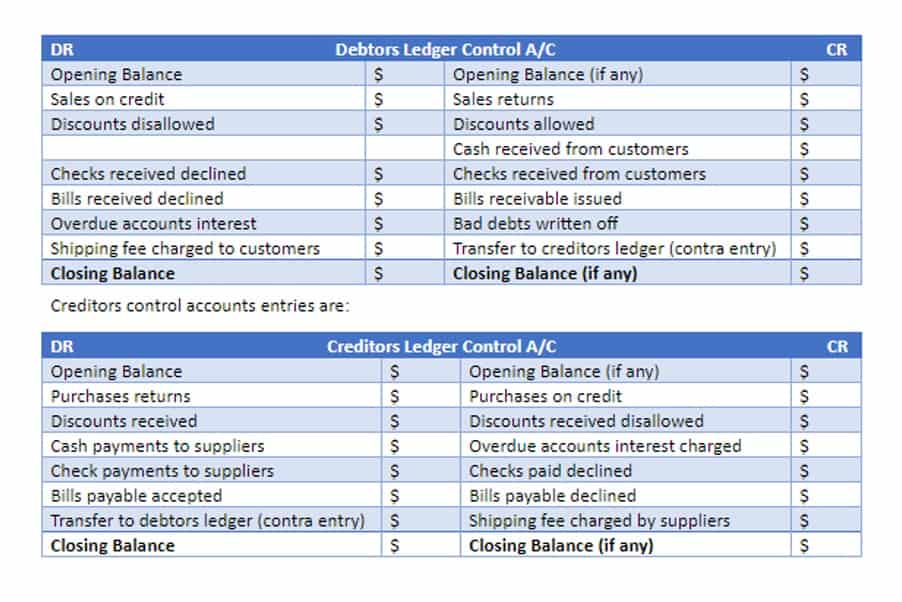
Full-charge bookkeepers are key to keeping financial records accurate and complete. They handle everything from simple tasks to complex ones, making them crucial in many industries. That’s where a professional bookkeeping service comes in, taking the full charge bookkeeping role, leaving the business owner free to focus on their core business. The general ledger is the central repository of an organization’s financial data. However, mistakes or omissions may additionally occur during regular statistics entry procedures. This process requires meticulous attention to detail, as even minor mistakes may lead to significant discrepancies in financial reporting.
Choosing a Professional Bookkeeping Service
Analytical skills are paramount, enabling bookkeepers to interpret complex financial data and provide actionable insights. Attention to detail is equally important, given the precision required in financial reporting and compliance tasks. Proficiency in accounting software is a must, as technological aptitude can significantly enhance efficiency and accuracy. Strong communication skills are also crucial, as bookkeepers often liaise with various stakeholders, including management, vendors, and contribution margin clients. Keeping your money in order is among the most crucial elements of managing a successful business.
- By taking over the complicated and time-consuming tasks of bookkeeping, a full charge bookkeeper allows the business owner to focus on core areas of their business.
- In the bustling business world, a full-charge bookkeeper is the navigator and steward of the financial ship, ensuring all accounting duties are performed accurately and efficiently.
- A controller is a person capable of generating detailed financial reports at regular intervals and supervising a typical bookkeeper in their work.
- Since it is the largest expense for most companies, employers need to think strategically about work roles.
- Most companies prefer full charge bookkeepers with a combination of education, experience in the field, and advanced accounting software training.
- We cater to all types of clients, right from small businesses, CPA firms to Fortune 500 companies spread across the USA.
Key Responsibilities in Full-Charge Bookkeeping
They usually have a bachelor’s degree in accounting or a related field and often pass an exam to get a certification and become certified public accountants. A full charge bookkeeper handles typical bookkeeping responsibilities (e.g., data entry), plus additional accounting duties. Think of full charge bookkeeping as a mix between traditional bookkeeping and accounting. You must handle day-to-day bookkeeping tasks along with full-cycle accounting duties. The main difference lies in the scope of responsibilities and expertise.
Services

Even though we’ve gone through the main full charge bookkeeping responsibilities, let’s delve deeper into how an FC bookkeeper’s career differs from that of an accountant. Give them thorough training on your company’s bookkeeping ways and what’s expected. With Taxfyle, your firm can access licensed CPAs and EAs who can prepare and review tax returns for your clients. When you’re a Pro, you’re able to pick up tax filing, consultation, and bookkeeping jobs on our platform while maintaining your flexibility. Get $30 off your tax filing job today and access an affordable, licensed Tax Professional.
- Full-charge bookkeepers gather their skills through a combination of education, on-the-job training, and professional certifications.
- To become a bookkeeper, a high school diploma or equivalent and some basic bookkeeping knowledge are enough.
- Our team has the experience and the skillset to provide you with the quality financial service you need—without any of the hassle.
- We’ve already mentioned some of the skills that full charge bookkeepers should possess, but we’d like to focus more on their educational background.
- You can outsource your payroll to a third party, or you can handle it in-house.
- These insights aid business owners and stakeholders make informed decisions and strategic choices.
- A full charge bookkeeper has complete responsibility for the finances of a company, compliance with account standards, and taxation.

The distinction between a regular bookkeeper and a full charge bookkeeper primarily resides in their level of responsibility and the complexity of their tasks. The choice between hiring a full charge bookkeeper Bookkeeping for Veterinarians or an accountant ultimately depends on the specific needs of a business. Smaller businesses with relatively straightforward financial transactions might find a full charge bookkeeper sufficient to manage their financial records. At the same time, larger businesses, or those with more complex financial needs, might require the advanced expertise of an accountant.

Cutting Costs by Outsourcing Bookkeeping Services

Accountants usually have a more pronounced role in forming business strategies, supporting the organization’s growth and sustainability. A full charge bookkeeper’s role goes beyond simple transaction recording. They manage all aspects of the business’s financial affairs, from processing payroll to producing financial statements and budget forecasts. They are involved in the day-to-day operations and play a strategic role in the business’s financial health. Knowing what is included in full charge full charge bookkeeper meaning bookkeeping services makes you aware that a degree, skills, and certifications sometimes aren’t enough. Due to the higher level of responsibilities that FC bookkeepers have, some employers insist that candidates have prior bookkeeping and accounting experience.






